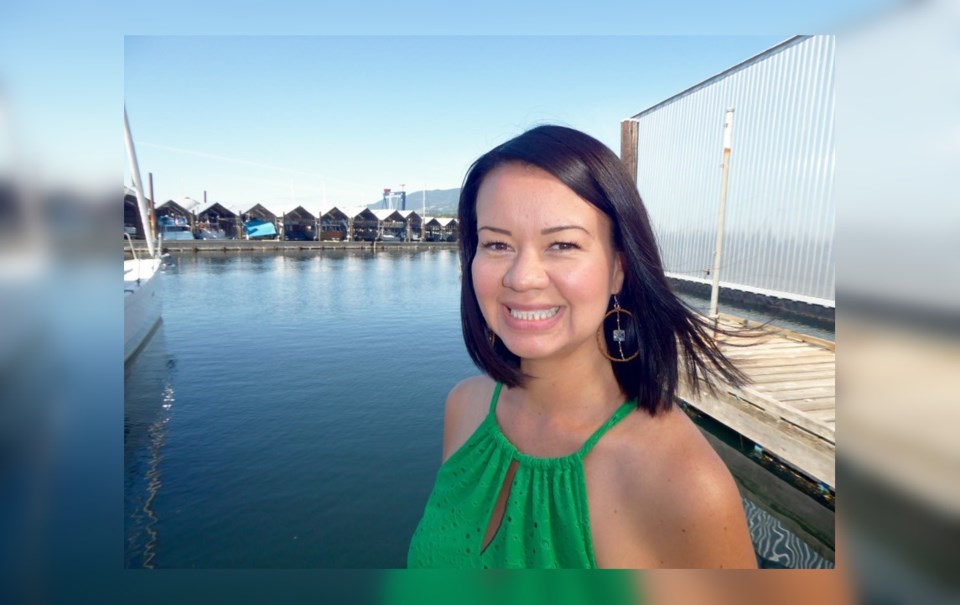A local trailblazer, whose unrelenting efforts have helped shift how Indigenous communities are represented and regarded across the Vancouver area, has won the Reconciliation in Action Award at the 40th edition of the YWCA Metro Vancouver Women of Distinction Awards.
For the best part of 20 years, Ginger Gosnell-Myers, a Nisga’a and Kwakwak’awakw woman who resides in North Vancouver’s Mosquito Creek neighbourhood, has married her own culture and history with her background in public policy to decolonize and Indigenize policy and planning across Vancouver.
Gosnell-Myers said the award was a surprise, especially given the "incredible" line-up of people in the running for awards this year, but a welcome one after years of tireless effort.
“I’ve been doing this work for over 20 years, and so winning this award makes me feel a little relieved, and a little validated,” she said. “In fact validation is probably the biggest feeling that I have right now, because sometimes it feels like your work can go unnoticed no matter how hard of an effort you put in.”
Gosnell-Myers certainly has been putting in the hard yards: her research was the bulk of the Environics Urban Aboriginal Peoples Study, a pivotal source of data on urban Indigenous communities, and her Reconciliation Framework created while working for the City of Vancouver has overhauled policy in all of its departments, guiding them to better incorporate Indigenous relationships, culture and identity.
Under Gosnell-Myers’ guidance, the city was the first government to truly acknowledge that it resided on the unceded lands of Indigenous people, and by the time she had finished working in her role as manager of Indigenous Relations, more than 75 new policy changes or initiatives had been put into the framework.
“The framework was implemented in 2014 and cut across every department,” she said. “It created a space for departments to change their internal policies to ensure they were meeting and advancing reconciliation with indigenous communities, at a time where not all city policies were supportive.”
Now Gosnell-Myers works for Simon Fraser University as its first ever Indigenous Fellow, working with developers, planners and architects to create pilot projects that determine how Indigenous knowledge can be incorporated into urban planning and capital development projects.
It has been rewarding, she said, to be able to create so much change in such a short period of time, but that has been a feat only made possible due to the meagre efforts that had been in place prior.
“Sometimes it feels like I shouldn’t be one of the first people to be doing this work, because it should have been done already,” she said. “But unfortunately we haven’t lived in a society that has really respected or valued indigenous knowledge until recently. It’s creating a lot of opportunities for those of us who have been doing this work for decades now, to finally be recognized and validated.”
Mina Kerr-Lazenby is the North Shore News’ Indigenous and civic affairs reporter. This reporting beat is made possible by the Local Journalism Initiative.



